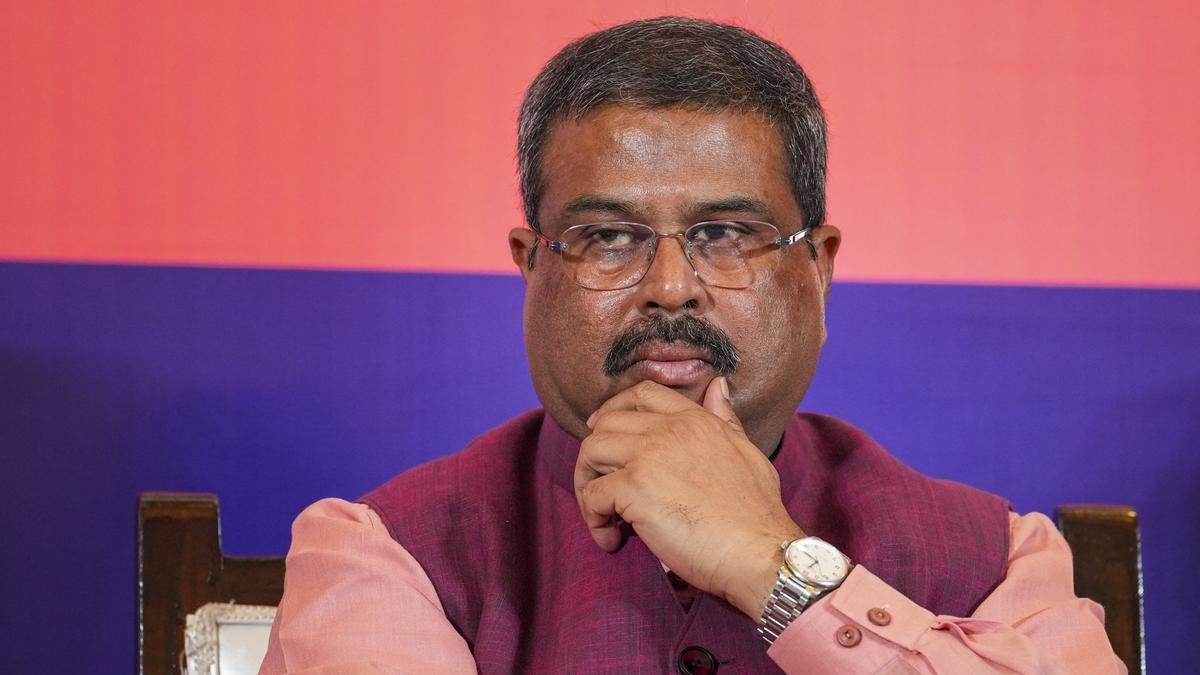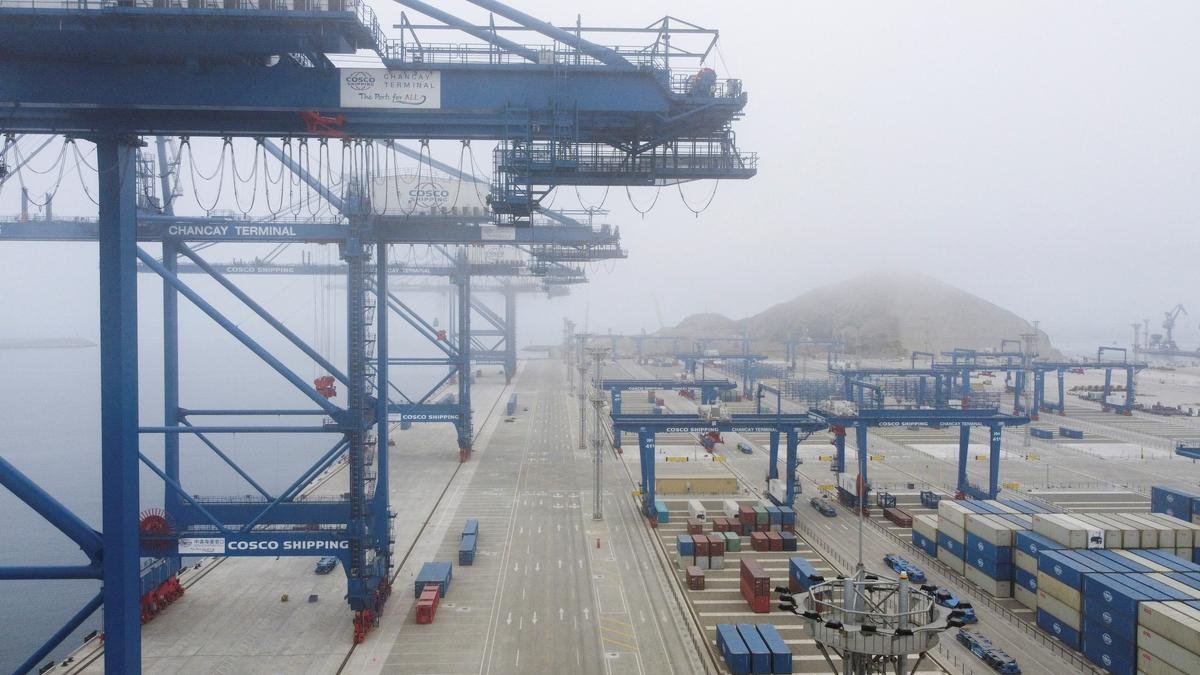Experts are concerned that the world’s largest economy could become more protectionist with Donald Trump’s comeback to the White House. This apprehension stems from his ongoing disapproval of China and India’s trade policies, as well as the offshoring of American jobs to foreign nations.
According to sources speaking to ET, there are concerns that Trump might exert pressure on New Delhi to increase trade tariff liberalization and simultaneously implement a stricter visa policy for skilled workers from abroad, potentially affecting the Indian IT sector.
The possible drawbacks in terms of trade and visa issues might be balanced out by the advantages India could gain from the anticipated increase in supply-chain relocations from China, along with…
Trump’s “America First” approach might trigger a potential trade conflict between Washington and Beijing, but there is a chance for India to increase its exports to the US. Trump’s intention to impose significantly higher tariffs on China compared to other countries in order to rectify the trade imbalance creates an opening for India to enhance its trade relations with the US.
Barclays mentioned in a report on Wednesday that India’s economy, which is more focused on domestic activities, would likely face lower risks from increased tariffs compared to China. The report highlighted, “We predict that the tariff plans by Trump could result in a 2% decrease in China’s GDP, with even more severe consequences for the economies in the surrounding region that are more reliant on international trade.
India, being a net importer, could benefit from a potential decrease in global commodity prices as a result of the impact of US policies on slowing Chinese growth.
According to prominent economist Pronab Sen, the trade disputes between the US and India might pose a significant challenge during Trump’s administration. A report by Nomura in September 2024 estimated that India could experience a slight setback of 10 basis points in economic growth due to Trump’s policies, a much lesser impact compared to China’s projected 40 basis points.
Sachin Chaturvedi, the director general at the Research and Information System for Developing Countries, emphasized the importance of adopting a proactive trade approach with the US. He cautioned against allowing excessive room for interventions, especially concerning tariffs.
According to Nagesh Kumar, the CEO of the Institute for Studies in Industrial Development, there is a mutual agreement across political parties regarding the importance of India-US relations. He also mentioned that Trump’s win might enhance the interactions within the IPEF and the QUAD alliance.
During Trump’s initial tenure, Biswajit Dhar, a professor at Jawaharlal Nehru University, highlighted the adverse effects of heightened tariffs on various commodities such as steel and aluminum, stating that they detrimentally affected India. Dhar emphasized Trump’s emphasis on enhancing agricultural exports in his trade discussions with China, cautioning that India should avoid importing excessive American farm goods to protect its farmers.
Stuck in the WTO
DilemmaKumar foresees a continuation of the status quo in the US’s approach to the WTO, as the Biden administration seems to be adopting many of the policies set forth by Trump. Despite India and the US reaching agreements to settle their seven lingering trade disputes at the WTO last year, concerns linger among experts that new challenges may arise under Trump’s influence.










